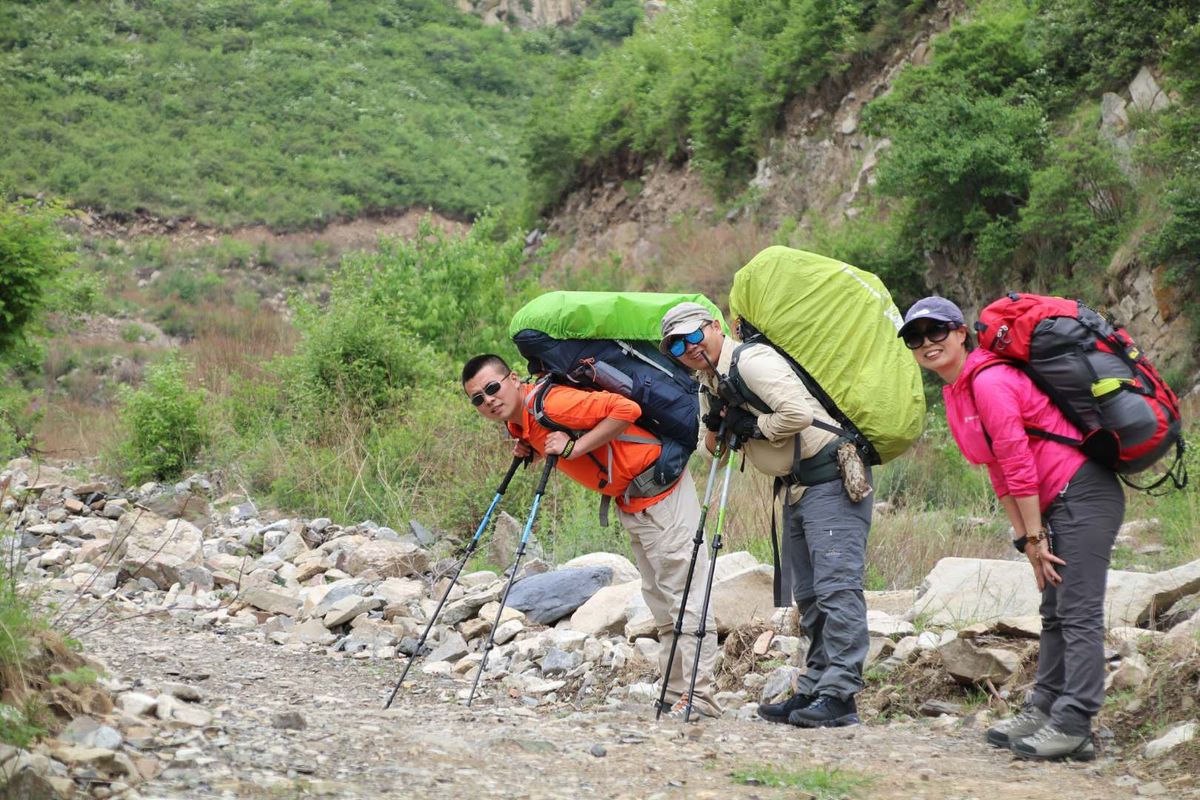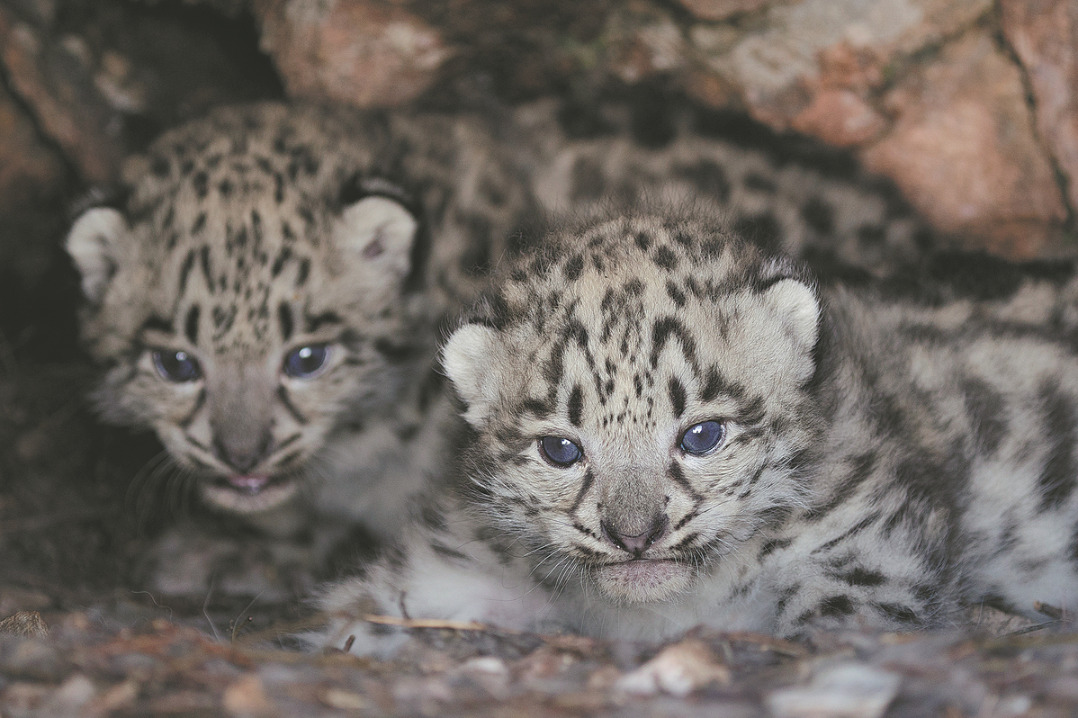Sports fans take to the great outdoors again


Four years ago, he quit his job and founded a small company to guide outdoor sports fans climbing mountains and on hiking trips in suburban Beijing and other cities.
Joining such activities offers good exercise and is a way to meet new friends and ease the pressures of daily life, he said.
"I have fun while doing my job. I like to enjoy beautiful rivers, mountains and make friends through outdoor activities."
Itineraries are based on the degree of difficulty involved. Some are suitable for newcomers and those with children, while others are only for experienced enthusiasts-for example, a two-day, 30-kilometer hiking trip to Mount Wutai in Shanxi province.
Wang said that in autumn people love to visit scenic destinations such as Pofengling and Tanzhe Temple in suburban Beijing to enjoy mountain views and the maple leaves. As mountain climbing in winter is more dangerous, with slopes covered in ice, he only arranges leisure trips for visitors to enjoy the snow.
He promotes guided tours on social media platforms and has built up a good online reputation, enabling him to attract clients.
Prices vary according to the itinerary. A one-day climbing trip over a distance of 10 km costs about 90 yuan, including transportation fares.
"People are now more eager to enjoy the beauty of nature after being forced to stay home for several months due to the COVID-19 outbreak last year. Parents arrive with their children to experience some simple routes because they want to look after their family's physical and mental health," Wang said.
He said it is essential to stretch the arms and legs before and after climbing. The right type of boots should be worn and climbers should also bring a pair of alpenstocks (long staffs) and some basic food.
As it is easy to become lost on a barren mountain, two guides-one leading the way and the other at the rear of a team-ensure that everyone follows the correct route.
Wang said common accidents on mountains include sprained ankles and injuries caused by falling rocks. A guide shoulders the huge responsibility of bringing all team members back safely, and must be familiar with routes.
"It's essential to follow the guide. It's dangerous to wander off at random. If you're lost, it's better you stay where you are until we find you," he said.
"In addition to physical strength, guides should have good interpersonal communication skills, as they need to talk with climbers. Sometimes they have to encourage them if they feel tired."
According to an African saying: "If you want to walk fast, walk alone. But if you want to walk far, walk together." Mountaineers such as Wang are strong believers in such advice.
He said a team once hiked 32 km in a day, which is hard for an individual to accomplish. Wang attributed this achievement to the fact that all team members encouraged and helped each other, and also shared their stories while climbing.
"Experiences shared with others are more enjoyable. There are countless touching stories among climbers. It's the process of communication that makes us friends, regardless of age or profession," he said.
Climbers share their food at lunch, as they have become friends after several hours on the slopes. Sometimes, they cook hotpot in the open air and pitch tents to spend the night.
"Environmental protection is important. We require our team members to bring their rubbish back with them," Wang said.























